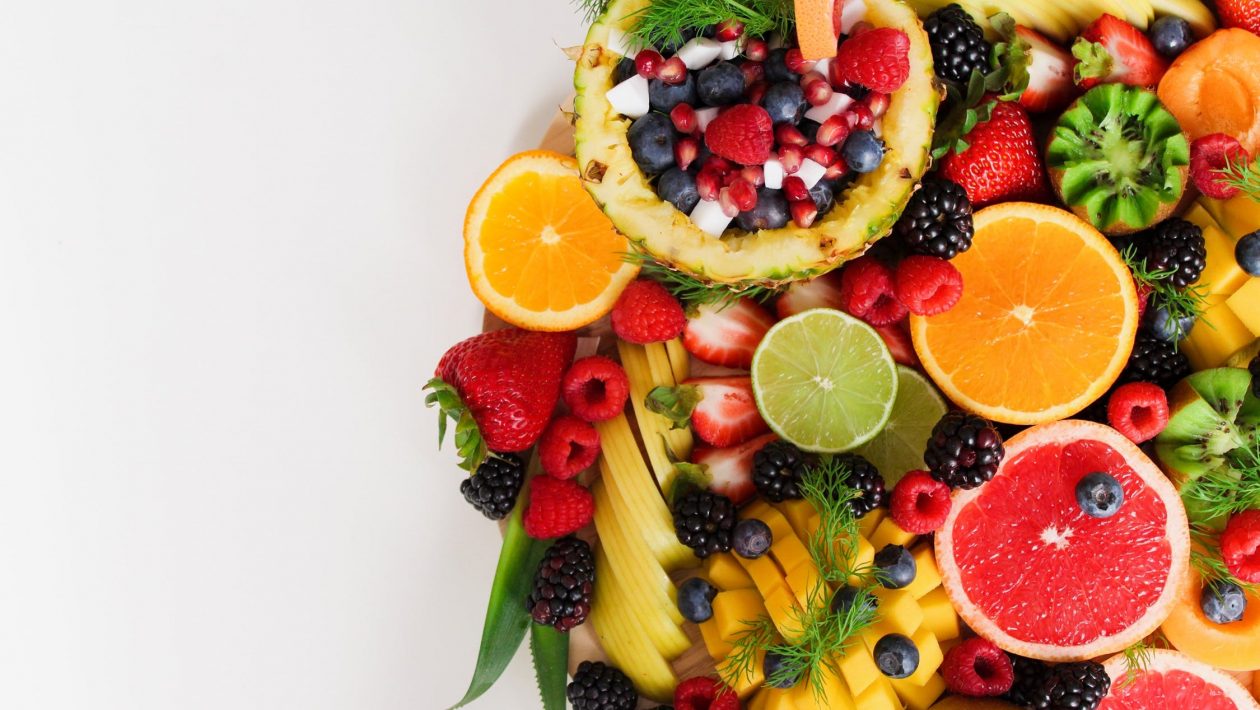A balanced diet is a key to a healthy body – we have all heard of that. But how are we going to gift ourselves that body? In our fast-paced lives, we are so inclined towards grabbing food on the go that we often miss out on daily nutrition. To make sure you have a balanced diet, you need to know the kind of nutrients you need to consume every day.
Nutrients we need to consume regularly
Here, we are going to list down a set of valuable nutrients that you need to consume regularly. Find out what and how you can incorporate these to your list.
- Calcium
Calcium is so important that we couldn’t help but add it to the top of the list. It keeps our bones strong and improves growth. It prevents conditions like osteoporosis and maintains blood vessels. They also play an important role in nerve transmission and muscle contraction.
We need to consume at least 1 gram of calcium per day. You can add dairy products to your diet to get the best form of calcium. Milk, cottage cheese, curd, spinach, broccoli, are some of the best sources of calcium.
- Iron
Iron is an essential part of our red blood cells and they help transport oxygen through our body. There are times when we have iron deficiency and it hinders oxygen transport all through the body. You can feel lethargic or fatigued if you don’t have enough iron in your body.
We need to consume at least 18 g of iron every day. Leafy greens, nuts, pulses, beans, pomegranate, are good sources of iron.
- Fiber
Add dietary fiber to keep your bowel movement smooth. Fiber helps us prevent constipation and regulates blood sugar levels. If you consume fiber every day, it will absorb sugar and tone it down. Soluble fiber helps to control cholesterol levels and reduces the bad fat from your body.
We need to consume around 40 grams of fiber every day. You can get it from fruits, veggies, whole grains, legumes, and more.
- Magnesium
Several studies showed that the combination of magnesium and calcium improves the density of bone mineral in our body. Having a deficiency affects metabolism and fluctuates hormonal levels. The negative impact affects calcium and can trigger conditions of calcium deficiency. Magnesium lowers risks like coronary heart disease, regulates high blood pressure, controls diabetes, insomnia, migraine, depression, and more.
An adult body needs to consume 410 mg of magnesium every day. The best sources are whole grains, nuts, fish, wheat germ, green veggies, and more.
- Vitamin E
Vitamin E is an antioxidant that protects the cells of our body and frees us from radical damage. The free radicals breakdown healthy cells and that can lead to heart diseases like cancer. Vitamin E helps us maintain high immunity levels.
You need to consume 15 mg of vitamin E every day and the best sources are nuts, eggs, green veggies, vegetable oil, and more.
- Vitamin C
Just like Vitamin E, Vitamin C is an antioxidant that keeps us protected from free radicals. They support collagen production in the joints. With the help of collagen, our body becomes shock absorbent and fills up the space between two bones in one joint.
You must consume around 75 to 90 mg of vitamin C every day. The best sources for it are citrus fruits, veggies, and nuts.
- Vitamin A
This vitamin is essential for eye care, cell growth, and healthy tissue. It helps keep our skin healthy and supports by physiological activities. It is closely related to our immune system and inflammatory system. Vitamin A also helps bone development, creates more red blood cells, and maintains epithelial cells and mucosal tissues.
An adult body helps at least 600-900 µg of vitamin A every day. You can consume food like sweet potato, carrot, green veggies, spinach, and more.
- Vitamin D
You can absorb vitamin D by basking under the sun the early hours between 8 am to 9 am. There are hormones beneath our skin that helps produce vitamin D from sunlight. It helps you absorb calcium and maintains strong bones. The vitamin also regulates insulin activity, blood sugar balance, and prevents weakness in muscles.
We have to consume around is 600 IU of vitamin D every day. There are several food sources of vitamin D and that includes fatty fishes like tuna, salmon, dairy products like milk, egg, and more.
- Potassium
Potassium is an electrolyte that manages the exact content of electrolyte in the body. If you add high potassium to your diet you will keep your blood pressure in control. Consume sources of potassium to also help you kidney function well, reduce blood clot, and open blood vessels.
You need to consume at least 4.7 g of potassium every day. Add food like lima beans, yams, potatoes, bananas, soybeans, Swiss chard, to your diet.
- Protein
Protein works like a building block for tissues that repair the everyday wear and tear of body cells. You need to add protein to your body to build muscles. If you’re altering your diet for weight loss, it will include a high amount of protein.
The recommended dosage of protein is 46-56 g for an adult body. If you need to lose weight it will be more. You need to consult a dietician for this. Add milk, cottage cheese, curd, eggs, chicken, beans, and soy to your diet for protein.
Final thoughts
No matter how you plan to curate your diet, it is good to go for expert advice. We recommend you to ask a proper nutritionist on how you should plan your diet. Your weight and age will make a lot of difference and only an expert can help you be specific. You must choose your food wisely and maximize the benefits of different nutrients.
We recommend you to add all the healthy treats to your diet, keeping in mind the things you like to it. This way there are fewer chances that you cheat or crave to eat unhealthy junk.







